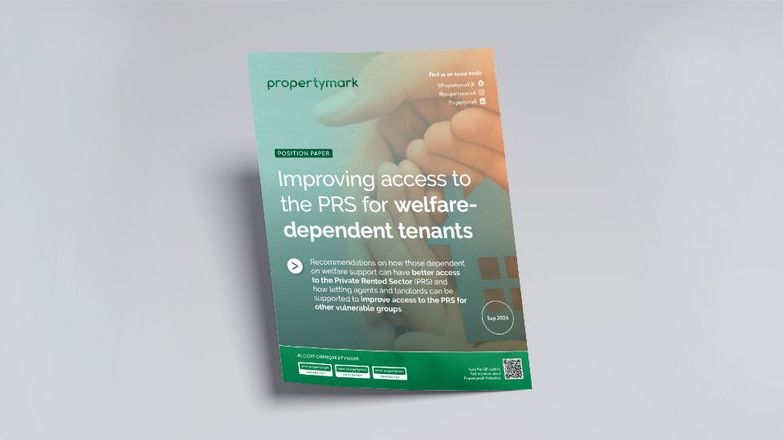
In recent years there has been a focus on proposals to introduce legislation to reform the private rented sector (PRS), provisions to end the discrimination of anyone with children or any tenants receiving benefits looking for accommodation in the PRS.
Propertymark supports ending discrimination against tenants receiving benefits. However, to have a sustainable sector, agents must continue to do credit and affordability checks to ensure tenants can afford rent and meet upfront costs such as deposits.
Learning the lessons from Universal Credit
With the supply of affordable and social housing not meeting the demand in most areas of the UK, the PRS is increasingly becoming the only housing option for choice for vulnerable people who receive benefits or are on a low income.
Universal Credit (UC) was first introduced in 2013 for people who are seeking employment or are in employment and are on a low wage to top up their incomes. The early implementation of UC was met with many challenges resulting in some PRS tenants building up significant rent arrears, and landlords becoming reluctant to let to people in receipt of benefits and documentation and information being poorly handled and administered by the Department for Work and Pensions (DWP).




